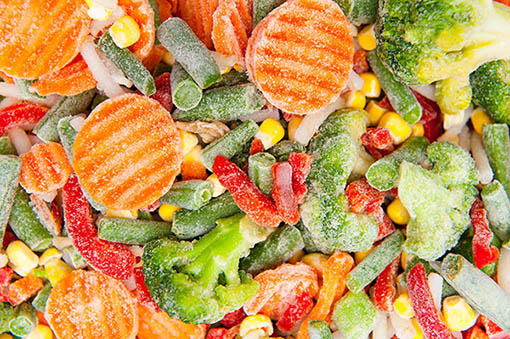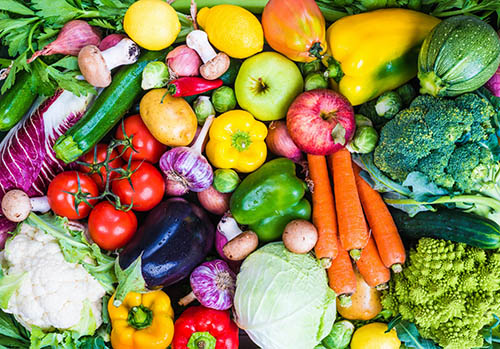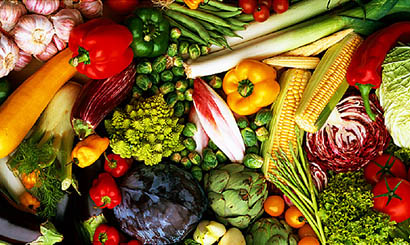Czynniki klimatyczne i agrotechniczne wpływające na trwałość warzyw.
Climatic factors
The shelf life of vegetables is influenced by their quality, which largely depends on the course of the weather during the vegetable growing season.
• Temperature affects growth, ripening and the quality and nutritional value of vegetables.
• Insolation – vegetables may be damaged before harvesting (yellow spots on tomato and pepper) and after harvesting (physiological damage), therefore harvesting should be done in the morning.
• Precipitation, during the growing season, they affect the yield and quality of vegetables, vegetables require more rainfall in the early growing season than during ripening and harvesting. For example, excessive rainfall at the end of onion cultivation affects uneven maturation and the health and quality of dry husk..
Agrotechnical factors
• Soil – soil type influences growth significantly, crop, quality and storage value of vegetables. The experiments carried out at the Institute of Horticulture in Skierniewice show, that celery grown on black soil had the best storage stability, inferior grown on peat soil. In contrast, the leeks are grown on peat soil, Black earths and brown soils were characterized by better storage capacity.
• Change – that is, the correct sequence of plants after each other is one of the most important factors determining the size and quality of the crop, nutritional value, suitability for processing and storage, especially important when growing vegetables intended for long-term storage. In vegetable crop rotation, as a rule, in addition to the main crop, forecrops are used, poplony, as well as cultivating coordinates. It is very important when arranging a crop rotation, in order not to grow related plants one after another. Plants from one botanical family may be attacked by the same diseases and pests, e.g.: root vegetables (carrot, celery) should be grown no more, than what 4 years in the same field, avoiding positions of umbellate and cruciferous plants.
• Fertilization – when selecting the fertilization of vegetables intended for long-term storage, the ratio of the individual components available to plants is important, especially nitrogen to potassium. For example, excess nitrogen at the end of onion growth is unfavorable, causing a greater proportion of bulbs with a thicker neck and thus poorer storage stability.
• Irrigation – high variability of weather conditions makes it necessary to supplement water shortages by irrigation, because without it you cannot get on high farms, stable and good-quality crops. Irrigation also makes it possible to sowing and planting in a timely manner, as well as the timely harvesting of vegetables. Keep in mind when irrigating, that they are used only to increase the yield, causing a reduction in quality and storage stability. Irrigation intervals must be respected and soil moisture should not be too fluctuating.
• Plant protection – plant protection products can affect the growth and biological value of vegetables in different ways. During the growing season, crops should be protected against pests and diseases on a regular basis, because only this can ensure good quality vegetables. Please note, that all security measures should be used as recommended, because the disappearance of their residues in stored vegetables is slower than during their vegetation. In experiments carried out at the Institute of Horticulture in Skierniewice it was proved, that it is highly effective in protecting celery storage roots against hardwood rot (S. sclerotia), after their long-term storage has shown: azoksystrobina, tea plant extract, hydrogen peroxide, strawberry extract and orange oil.




